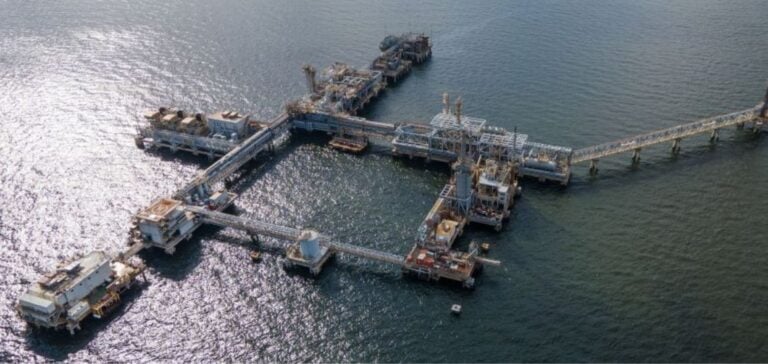French oil company Maurel & Prom announced that it had received a specific license from the OFAC office of the US Treasury Department on May 3, allowing collaboration with US entities and banks for its operations in Venezuela. This authorization, valid until May 31, 2026, offers Maurel & Prom a significant opportunity to continue its activities despite the sanctions reimposed on Venezuela by the United States. The company has high expectations for the renewal of this license, a sign of confidence in the sustainability of its operations in the region.
Geopolitical and economic context
Since 2019, the United States has imposed strict sanctions against Venezuela, including an oil embargo aimed at challenging the legitimacy of President Nicolas Maduro. These sanctions are intensifying in the run-up to the July 28 presidential elections, in which Maduro is seeking a third term. These measures have contributed to a severe economic crisis, worsening living conditions in Venezuela and exacerbating tensions with Washington.
Impact on the oil industry
The granting of licenses such as the one received by Maurel & Prom demonstrates a certain flexibility in the American approach, allowing specific operations despite a general framework of sanctions. Companies such as Chevron have also benefited from similar licenses, underlining a US strategy to maintain an economic presence in the country while exerting political pressure on the Venezuelan government.
Consequences for Maurel & Prom and the global market
For Maurel & Prom, this license is a breath of fresh air, enabling it to secure its investments and plan for the long term without the immediate fear of the impact of sanctions. This gives it a definite competitive edge in a market where many other companies are withdrawing or limiting their activities. It also reinforces Maurel & Prom’s position as a major player in the oil industry, capable of navigating effectively through the complexities of international regulations.
The future of relations between the United States, Venezuela and international companies operating in the energy sector is uncertain, not least because of the forthcoming presidential elections in Venezuela. The decisions taken by the United States, whether in terms of license renewals or changes to sanctions, will have far-reaching repercussions not only for companies like Maurel & Prom, but also for the political and economic balance in the region. The outcome of these interactions is likely to define the geopolitical landscape of Latin America for years to come.





















